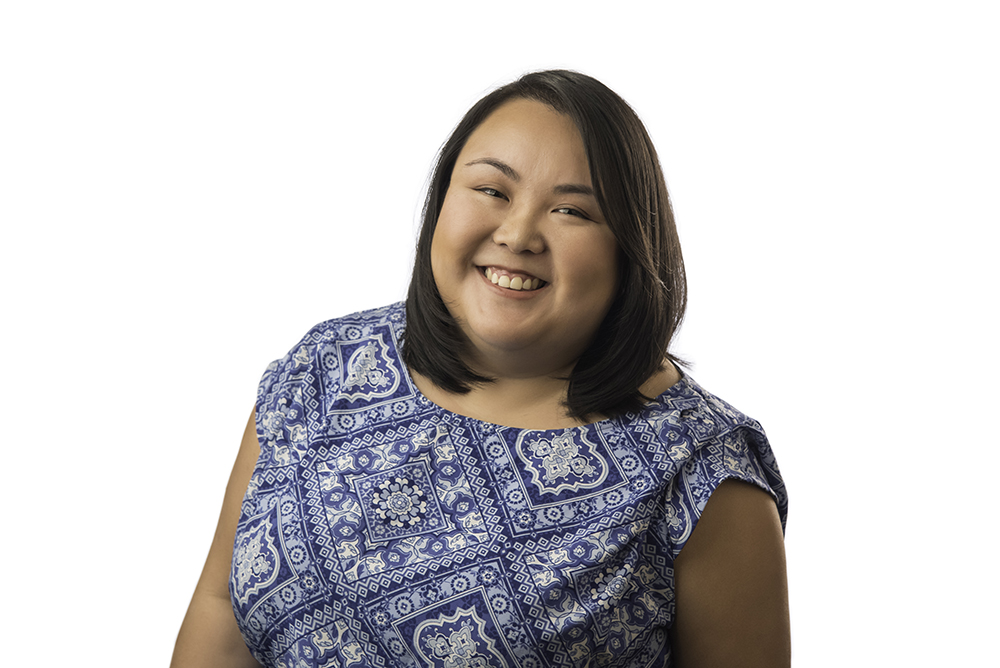“What’s in a name? That which we call a rose, by any other name would smell as sweet,” Juliet declares in Shakespeare’s well-known tragedy. It’s difficult to argue with a literary legend (who also happens to be dead) but I have to disagree.
In a 2008 study, aptly named “A Rose by any other name: would it smell as sweet?”, neuropsychologist Jelena Djordjevic and her colleagues sought to discover whether presenting a smell with a positive, neutral or negative name would influence how people perceived it.
Using 15 types of smells from unpleasant to neutral to pleasant, they presented them to test subjects under names that were positive, neutral or negative. They found the same smell was rated more highly when it was given a positive name and rated as less pleasant when it was given a negative name.
As a child, I was convinced that my parents had given me a negative name. Nobody could ever spell it, pronounce it or remember it. I had a teacher who called me “Sylvia” for almost an entire term . . . which might not have been so bad if there hadn’t already been a Sylvia in my class.
Determined to change my destiny, I began coming up with new names that would be easier to remember and asked people to call me by those names instead.
My teachers thought I was kidding. My friends occasionally humoured me. And of course my parents never succumbed.
I hated my name. I was embarrassed by it. I wanted any other name but my own. One day, I eventually asked my mum how and why she had chosen my name. She told me she had struggled to have children and had experienced several miscarriages. “Then God gave you to us. You were our gift,” she said simply. “That’s why we chose your name: it means ‘gift of God’.” [pullquote]
I was greatly humbled. And although my name is still difficult to spell, pronounce and remember, I have never complained about it since. Once I understood its origin, its purpose and its meaning, my perception changed.
There is another name that I used to be embarrassed about and I’m pretty sure I’m not alone. Attending public schools far away from Wahroonga or Cooranbong, I grew up with people who had never heard of Seventh-day Adventists before . . . or had only ever heard negative things.
When I mentioned this at church, people encouraged me to disassociate from the Adventist name.
“Just say you’re a Christian,” they urged. “Let them get to know you without the stigma.”
So I did. For years, I felt like I was living a double life with a secret identity. But I was no superhero.
I’ve always loved history. But it’s only in recent years, since working for Adventist Media, that I grew curious about the history of our Church. As I started reading Adventist history, I began to realise what a special thing it is to be part of this movement.
I believe the people who once encouraged me to hide my Adventist identity meant well. But hiding our identity doesn’t do anything to change people’s understanding of who Adventists are and what they do.
As was the situation with my given name, once I understood the origin of “Adventist”, its purpose and its meaning, my perception of it changed.
Today I am proud to be a Seventh-day Adventist (most days, anyway). And I love talking to people about our Church and what it means to me.






